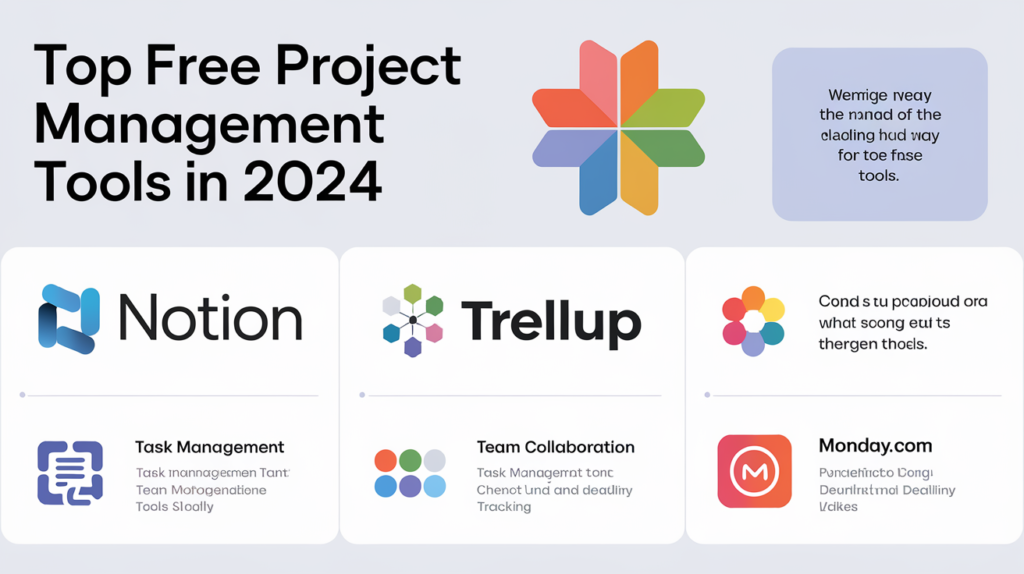Entering the world of finance can feel overwhelming for beginners. From managing personal budgets to understanding investments, the financial landscape is vast and often complex. However, building a strong foundation in financial knowledge is crucial to achieving long-term financial success and security. In this guide, we’ll break down the essential concepts every beginner needs to know to navigate their personal finances confidently.
Understanding the Basics of Personal Finance
Personal finance encompasses all the decisions you make about how to earn, spend, save, and invest your money. It’s about creating a financial plan that works for you, ensuring that you’re not only meeting your current needs but also planning for future goals. Here are a few key components:
- Budgeting
Creating a budget is the cornerstone of personal finance. It involves tracking your income and expenses to make sure you’re living within your means. A well-structured budget helps you prioritize spending, save for emergencies, and achieve financial goals like buying a home or starting a business. - Saving
Saving money is essential for building a financial safety net. Whether it’s for an emergency fund or future investments, setting aside a portion of your income regularly can provide peace of mind. Start by saving for short-term goals, and gradually increase your savings for long-term objectives. - Managing Debt
Not all debt is bad, but mismanaging debt can lead to financial trouble. Understanding the difference between good debt (like student loans or a mortgage) and bad debt (like high-interest credit cards) is key. Paying off high-interest debt should be a priority in your financial plan.
Investment: Growing Your Wealth
Once you’ve got a handle on budgeting and saving, investing can be a great way to grow your wealth over time. Here are a few basic investment options for beginners:
- Stocks
Buying stocks means purchasing a share of a company’s ownership. Stocks can offer high returns, but they also come with risks due to market fluctuations. For beginners, investing in diversified mutual funds or index funds can help mitigate some of this risk. - Bonds
Bonds are essentially loans you give to corporations or governments in exchange for regular interest payments. While bonds typically offer lower returns than stocks, they are also considered safer investments. - Real Estate
Real estate can be a lucrative investment if done correctly. Whether through purchasing rental properties or investing in real estate investment trusts (REITs), real estate offers a tangible asset that can appreciate in value over time. - Retirement Accounts
Contributing to retirement accounts like a 401(k) or IRA is one of the most effective ways to invest for the future. These accounts offer tax advantages and help you prepare for long-term financial stability.
Building a Strong Financial Future
Mastering your personal finances isn’t just about the present; it’s about preparing for the future. Here are some tips to help ensure your financial future is secure:
- Set Clear Financial Goals
Without a clear plan, it’s easy to lose track of your financial progress. Start by setting short- and long-term financial goals, such as saving for a down payment, paying off debt, or planning for retirement. - Create an Emergency Fund
Life is full of surprises, and having an emergency fund can save you from financial disaster. Aim to set aside 3-6 months’ worth of living expenses in a savings account that’s easily accessible. - Keep Learning
The financial world is constantly changing, and staying informed is essential to making wise decisions. Read books, follow finance blogs, and seek advice from financial professionals to continue expanding your financial knowledge.
The Importance of Financial Discipline
Lastly, financial success is rooted in discipline. It’s not about making the perfect financial decision every time, but rather about consistency. Whether it’s sticking to your budget, regularly contributing to your savings, or avoiding impulsive purchases, developing good financial habits will have a lasting impact on your financial health.





